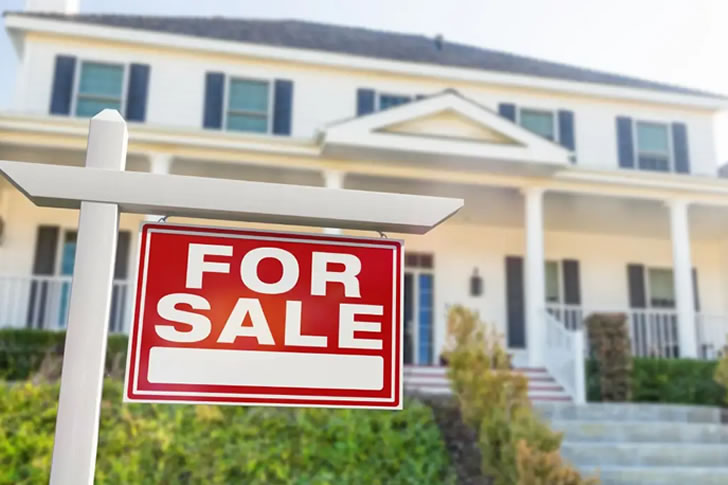How Much Is My House Worth? Assess Your Home’s Value
In the ever-fluctuating real estate market, homeowners often find themselves wondering, “How much is my house worth?” Knowing the value of your property isn’t just beneficial when considering selling, but also for tax purposes, refinancing. We’ve carried out detailed research and might help you get a quick house valuation.

Assessing Market Trends and Location Influence
Your home’s value is significantly influenced by its location; a property in a sought-after neighborhood can command a higher price compared to one in less desirable areas. For instance, homes in metropolitan areas or near amenities like shopping centers, medical facilities, parks, and public transport typically have higher valuation prospects.
Market trends are another key aspect. According to the National Association of Realtors, the median existing-home price for all housing types in the United States was $359,900 as of September 2023, marking a 3.2% increase from the previous year. However, real estate markets are local, and price trends can vary widely from one region to another. Therefore, tracking local market statistics, available through local government or real estate websites, is vital.
The Importance of Size and Condition
The size of your home, including the total living area and the number of bedrooms and bathrooms, plays a significant role in determining its market value. Generally, larger homes attract higher prices, but utility and condition are equally critical. An updated home in good repair typically offers better value than one that is outdated or needs significant repair work.
people looking to increase their home’s value should consider minor renovations that carry a high return on investment (ROI). For example, Remodeling Magazine’s 2023 Cost vs. Value report highlights that a minor kitchen remodel recoups approximately 78.2% of costs on resale.
Getting a Professional Home Appraisal
To obtain an accurate and unbiased valuation, consider hiring a professional appraiser. The cost of an appraisal typically ranges from $300 to $450, but varies depending on location, size, and complexity of the home. Appraisers assess your property based on detailed criteria including interior and exterior condition, any upgrades or renovations, amenities, and comparable sales in your neighborhood.
Comparative Market Analysis (CMA)
Another efficacious tool is a Comparative Market Analysis (CMA), usually offered for free by real estate agents. A CMA analyzes the prices of recently sold homes that are comparable in size, condition, and location to your property, providing an estimated value based on current market data.
Utilize Online Home Value Estimators
Several online tools can provide an immediate ballpark figure of what your home’s worth, based on public records and market trends. Websites like Zillow, Redfin, and Realtor.com offer free access to these estimators. While they are a good starting point, these figures should be verified by professional appraisals or CMAs for accuracy.
Local Property Tax Assessment Records
Property tax records, which are publically accessible, can also provide insights into your home’s value. These records show assessed value for tax purposes, which is usually a percentage of the market value. Keep in mind, however, that these figures may not always reflect the current real estate market conditions.
Understanding Equity and Debt
It’s important for people to understand their home’s equity — the market value of a home minus any liens or mortgages against it. Equity can be a significant part of a senior’s retirement planning. Keeping track of your mortgage balance and comparing it with your property’s estimated market value can help in understanding the equity accumulated.
Finally, Seek Professional Advice
While gathering information from multiple sources can provide a good overview of your property’s value, consulting with a real estate professional can offer tailored advice that considers your specific circumstances and goals, whether you’re planning for retirement, downsizing, or arranging estate matters.
Conclusion
Determining the correct value of your home requires consideration of various factors, including assessing local market conditions, understanding the impact of your home’s features, and obtaining professional evaluations. By following these guidelines, people can gain a comprehensive understanding of their property’s worth, facilitating better financial decision-making.







Recent Comments